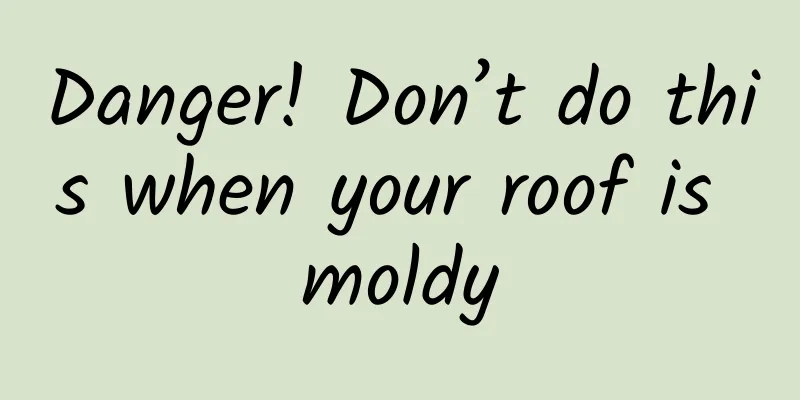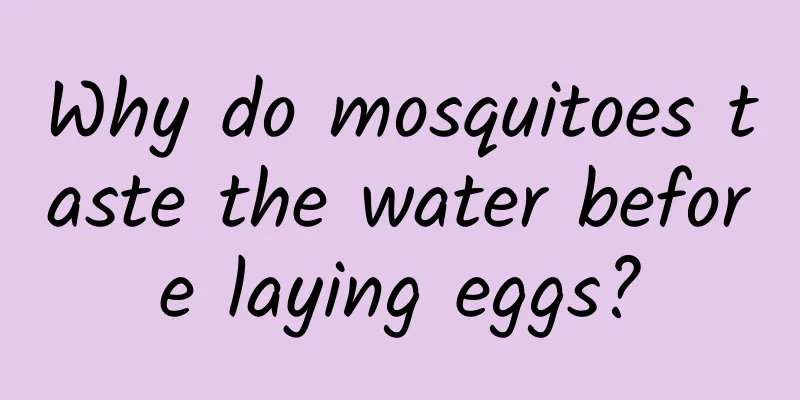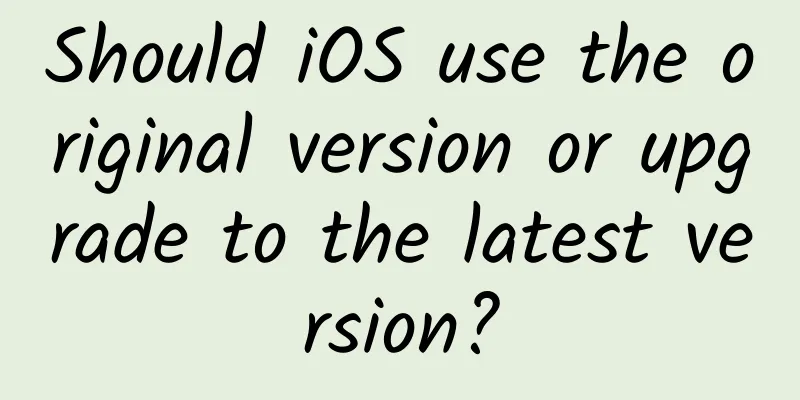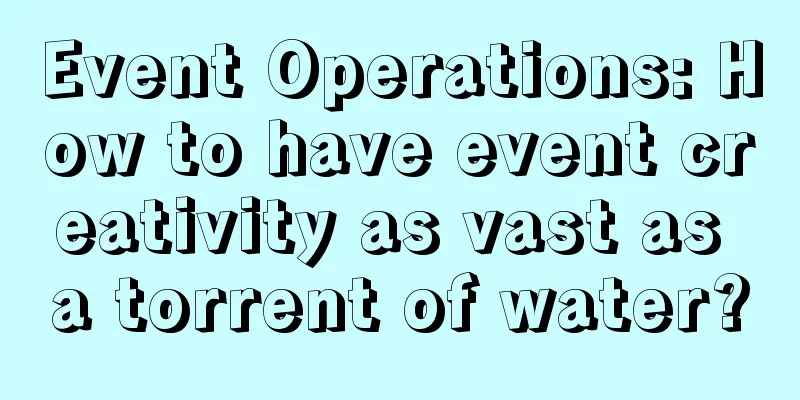Danger! Don’t do this when your roof is moldy

|
The most frustrating thing about humid weather is that everything starts to get moldy. If you're not careful, even the walls and ceilings of your room will develop unsightly black mold. Copyrighted stock images, reprinting and using may cause copyright disputes How can you get rid of those annoying mildew spots? The easiest option might be to just buy a bottle of mildew remover and spray it all over the mildewed area. However, behind this operation, there are hidden safety hazards that are easy to be ignored, and it may even cause poisoning. There are actually many taboos when using strong mold removal spray, such as it cannot be used with other cleaning agents, and it cannot be sprayed on the ceiling. What are the dangers of these taboos? This starts with the chemical composition of the mold remover. What's in Mold Removal Spray? One of the most common active ingredients in mold removers is sodium hypochlorite. This substance has strong oxidizing properties, which not only destroys mold and spores, but also bleaches the pigment of mold, fading the black mold spots. This ingredient is especially common in products that are marketed as powerful and fast cleaning. These chlorine-based mold removers usually also have sodium hydroxide added at a concentration of less than 1% to adjust the solution pH to about 12-13. The higher alkalinity of the solution helps the hypochlorite remain stable. Copyrighted stock images, reprinting and using may cause copyright disputes In addition, auxiliary ingredients such as surfactants are added to the mold removal spray to play a role in decontamination and stabilizing foam. The formation of foam allows the mold removal agent to better adhere to the wall surface and will not flow away quickly, thereby improving the cleaning effect. Pay attention to safety issues Hypochlorite mildew remover does have significant effects and is suitable for removing stubborn mildew stains. However, this product is not only highly oxidizing, but also has a pungent odor and strong alkalinity, so special attention should be paid to safety when using it. First, like 84 disinfectant, this type of mold remover must be used alone . It cannot be mixed with any other cleaners or disinfectants, otherwise it may cause a chemical reaction and produce toxic gases. Hypochlorite is most dangerous when mixed with acidic cleaners, where it easily decomposes to produce chlorine gas. In addition, it will also produce harmful substances when it comes into contact with alcohol or ammonia. When using mold removal spray, skin, eye and respiratory contact should be avoided as much as possible. Wear gloves, masks and protective glasses when using it, and do not operate it with bare hands. During use, be sure to open windows and exhaust fans for ventilation. In small spaces such as bathrooms, irritating gases and droplets are more likely to accumulate, so ventilation is particularly important. To avoid droplets falling into the eyes, also note that such sprays cannot be sprayed directly above the line of sight. If you need to clean the ceiling or high walls, it is best to spray the mildew remover on a sponge brush with a handle before scrubbing. Even if you take precautions, you still need to control the amount of mold remover you use, and stop using it and leave the scene immediately if you experience any discomfort. If the solution comes into contact with your skin or eyes, rinse immediately with plenty of water. Is there a safer alternative? There are some relatively safe ingredients other than hypochlorite that can be used to remove mold, but they are not as effective against stubborn mold stains. Oxygen bleach can also kill mold and bleach mildew. It has a gentler bleaching effect than hypochlorite and is better for cleaning clothes. This bleach is usually sold as a solid sodium percarbonate, which is commonly known as "explosive salt." Sodium percarbonate reacts with water to form sodium carbonate and hydrogen peroxide, which eventually decomposes into water and oxygen, so it does not have the pungent smell of chlorine bleach. In addition, there are a few "chlorine-free mildew removers" that use milder ingredients such as lactic acid and cationic surfactants. These ingredients can kill mold and inhibit mold growth, but they do not have the function of bleaching pigments, so they cannot directly remove the black spots that have already formed. In short, it is not easy to have both "strong" and "safe" when it comes to cleaning mildew stains. Whether to use the powerful power of sodium hypochlorite and enhance protection, or choose safer and milder ingredients, depends on the user's personal needs. References [1] https://www2.nikkakyo.org/upload/plcenter/293_315.pdf [2] https://www2.nikkakyo.org/upload/plcenter/0322_1-2.pdf [3] http://www.senjozai.jp/05_shiryo/kabikyo.kouen/jk_ensokabitori9th.pdf [4] https://www.pref.ishikawa.lg.jp/shohicenter/documents/h26-04kabi.pdf Planning and production Source: Guokr42 Author: Master of Pharmacy Editor: Wang Mengru Proofread by Xu Lailinlin |
Recommend
"Sanxing Village" is not "Sanxingdui", which may solve the mystery of the origin of civilization in the lower reaches of the Yangtze River
On November 18, the much-anticipated Sanxing Vill...
Which company providing SEO optimization services in Haidong is better? How to choose?
Nowadays, due to the increasing bidding costs, ma...
10 steps to planning an event, and 5 key points to focus on
To plan a high-quality event, operators need to h...
Guide to Writing an Event Planning Proposal
For new operators, they may have read countless e...
From 0 to 1, how to find the operation direction of the official account?
Taking "Shidian Reading" as an example,...
Why is Flammulina enoki called "See you tomorrow"? It turns out that I have always misunderstood it...
Expert of this article: Pa Lize, Chief Physician ...
Samsung Electronics Financial Report: Samsung Semiconductor Division's Operating Revenue Drops to 66.59 Trillion Won in 2023, a Year-on-Year Decrease of 32%
Samsung Electronics recently released its 2023 fi...
How lazy were the ancients? Just look at their handwriting.
How lazy were the ancients? Just look at their ha...
Use these 6 tips to make users want to buy your product
Some time ago, I saw that another restaurant near...
Are there bacteria that "eat paper" in nature?
When I saw a netizen asking "Are there bacte...
Can you earn 1000+ a day with Baiqingteng project? I will teach you the correct way to play wool (tutorial at the end of the article)
The Baiqingteng project is a new business launche...
A new height of intelligence and love: Aion S, the world's first ultra-long-range AI pure electric customized car, made its debut at the Guangzhou Auto Show
On November 16, GAC New Energy brought its entire...
Operational Promotion: What is the promotional strategy behind Alipay’s “face payment”?
To be honest, I was tricked by Alipay a few days ...
One man guards the pass, ten thousand men cannot open it: the small mouth actually hides such a complex ecological environment
Open your mouth in front of the mirror and look a...









